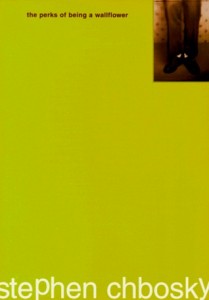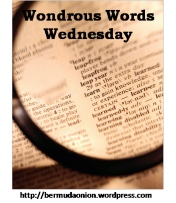 Do you ever have a brain lapse, and a spelling or grammar rule that you should have learned in third grade stumps you now at the age of…
Do you ever have a brain lapse, and a spelling or grammar rule that you should have learned in third grade stumps you now at the age of…
Well, let’s just say it’s been many years since third grade.
I’m editing my YA manuscript for the ninth time (it’s got to be getting good by now, right?), and an issue stumped me.
- My protagonist struggles with her conscience / conscious, and she must choose between what she thinks is right and what she knows she wants.
- Near the end of the book she gets knocked unconscience/ unconscious and visits the ER.
Laugh at me if you must, but I had to look these words up to clarify which spelling to use in which instance. I hope my experience will help you too.
conscious \’kän(t)-shəs\ from Latin com + scire to know
- adjective = to be aware; to notice
- noun = conciousness, alertness
conscience \’kän(t)-shən(t)s\ also from Latin com + scire to know; noun
- the part of the mind that makes you aware of your actions as being either morally right or wrong
Both words come from the same Latin root, so no wonder they confused me. But I realized I tend to blow over the “n” sound in conscience, making these two words homophones when they aren’t. They also are different parts of speech in their most common use.
So, now I know the difference, but I think I’m going to have to create a mnemonic device to help me remember. Something like, conscience has an “n” to help you say “no”.
Please, tell me I’m not the only one who struggles with this.
Also, in the comments, prove your word nerd prowess and tell me which word, conscious or conscience, is appropriate for sentence 1 and 2 in my post.
 Banned Books Celebration
Banned Books Celebration
I’m giving away a Barnes and Noble gift card to someone who comments on my Banned Books Week review of The Perks of Being a Wallflower. Stop by and comment by October 3, 2014 to enter.
Thanks for getting nerdy with me!
Julia















